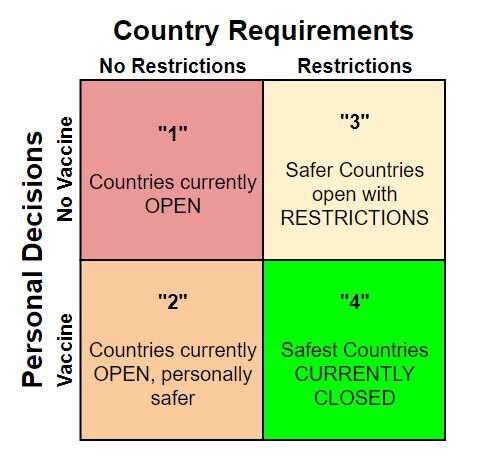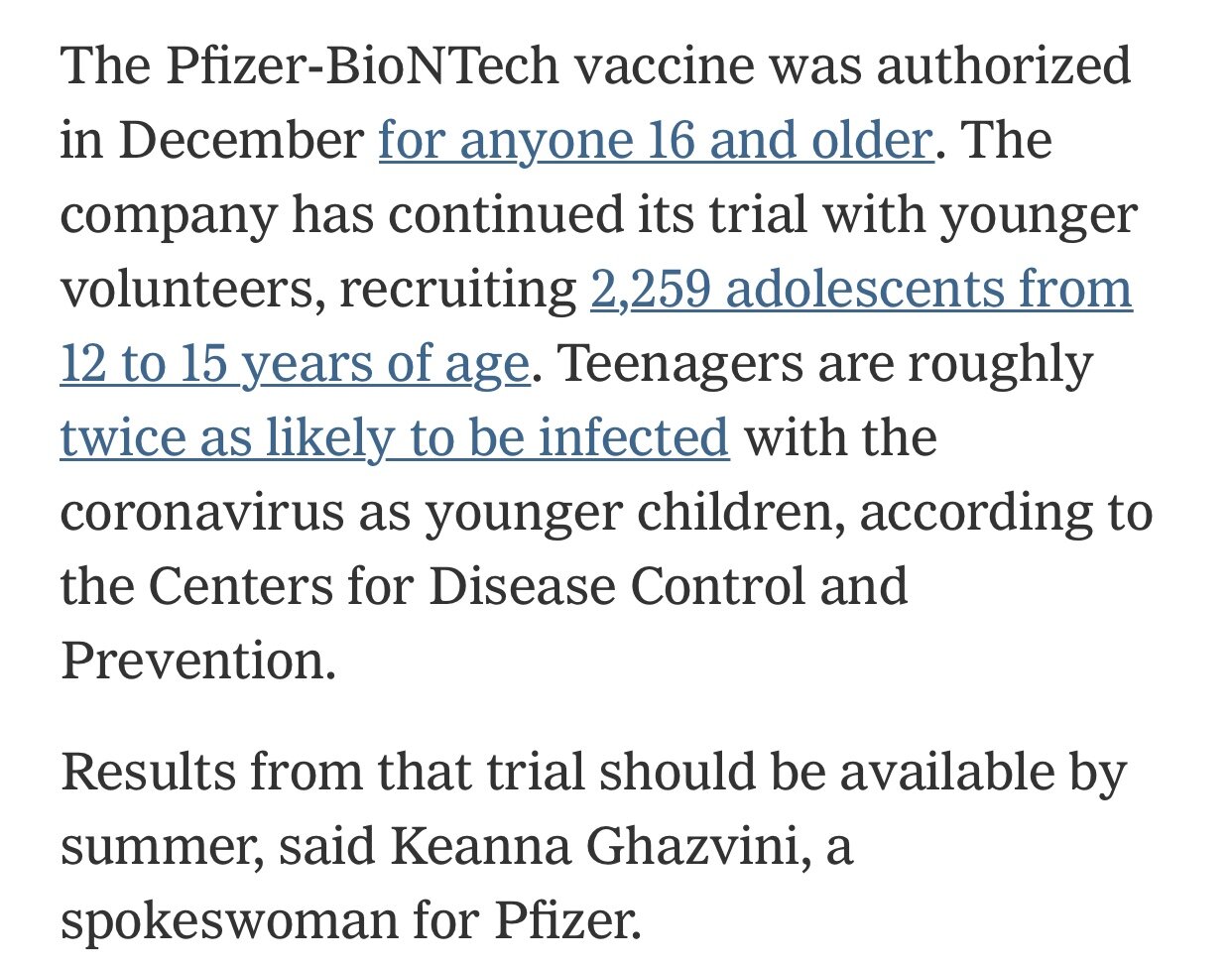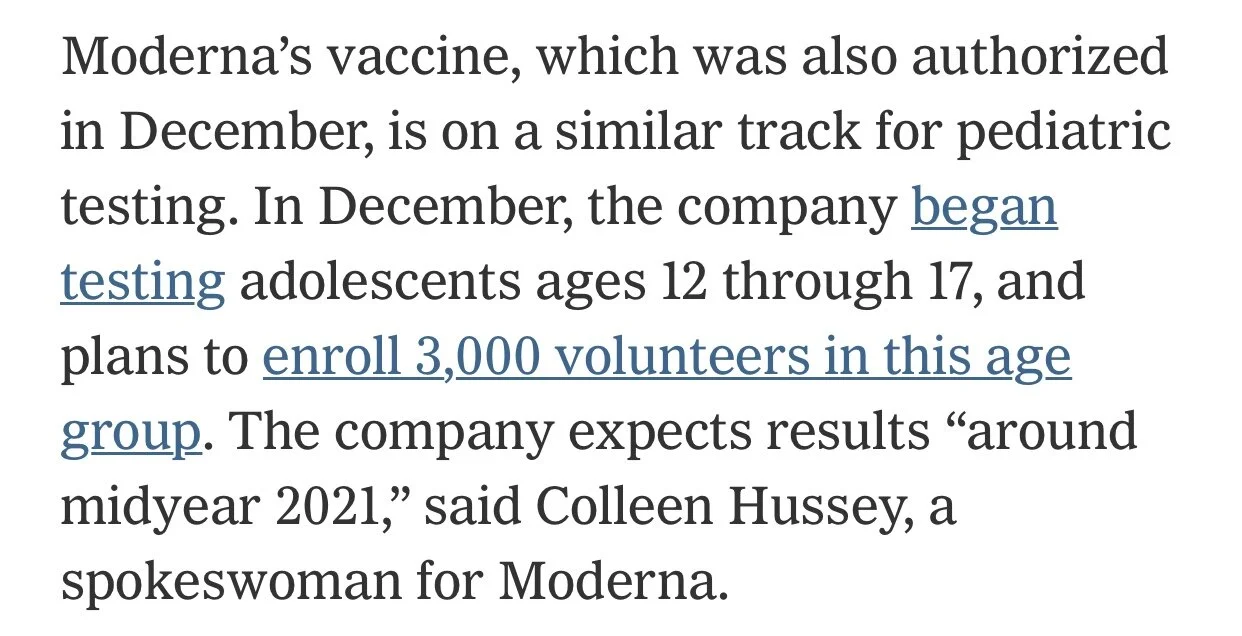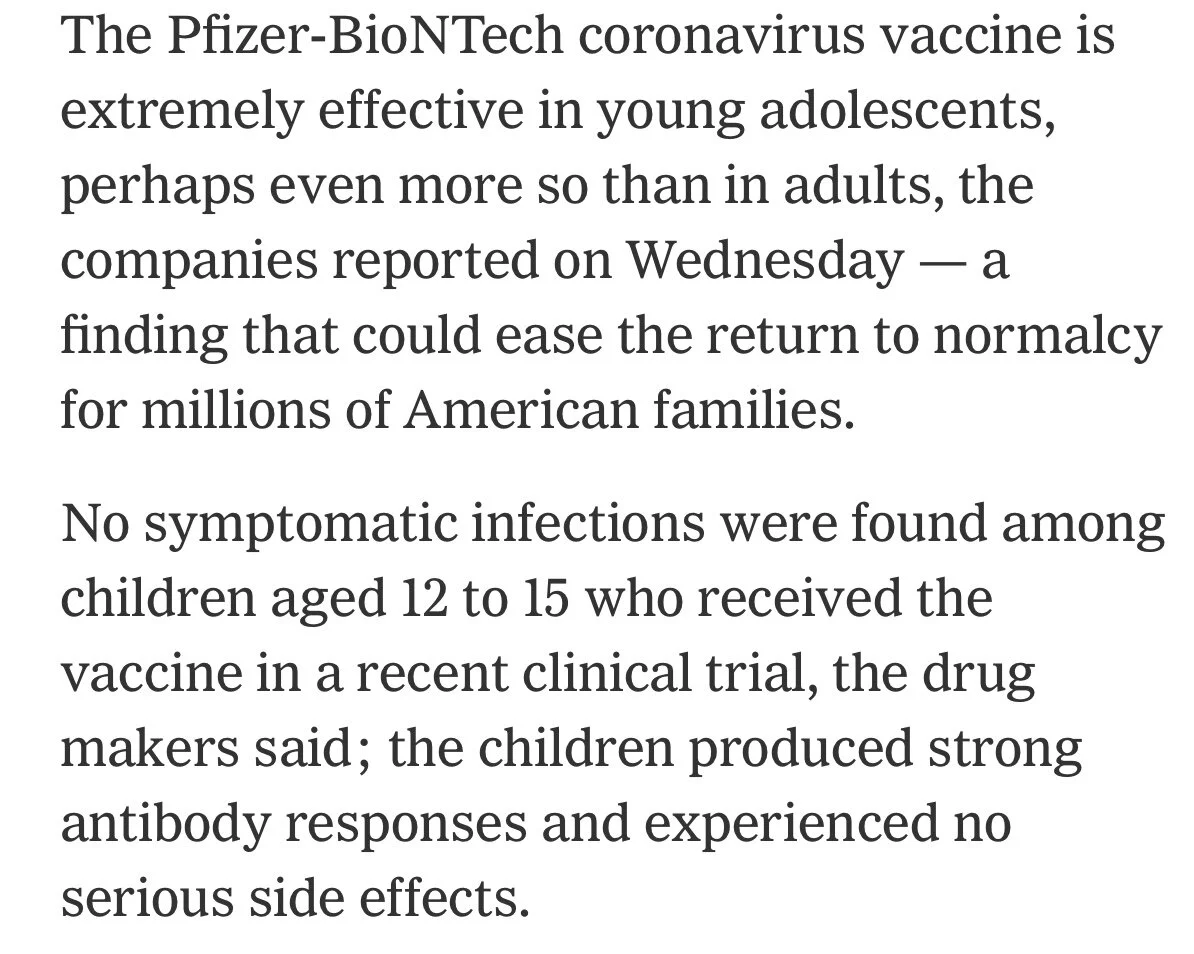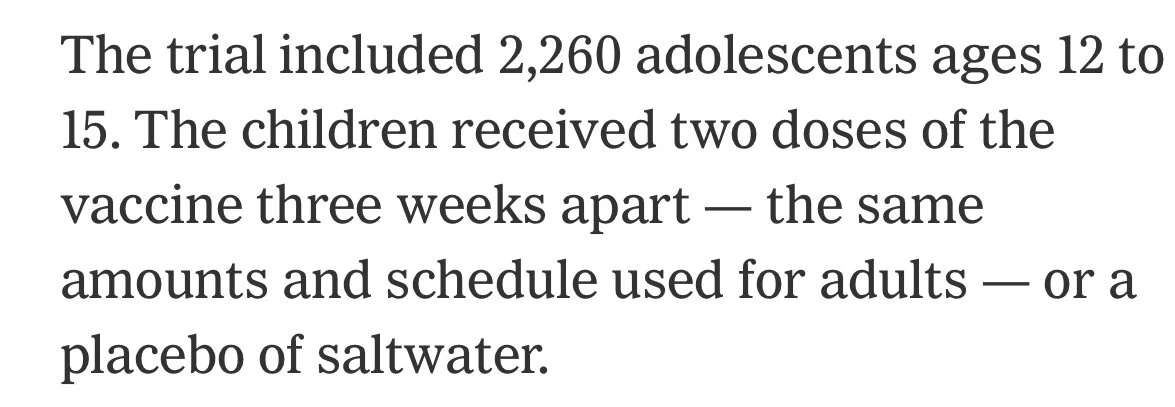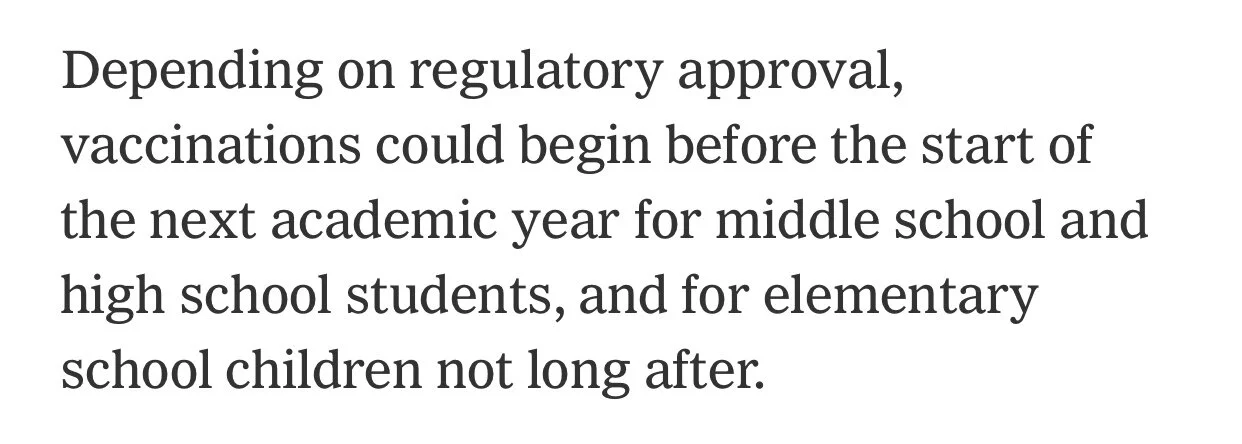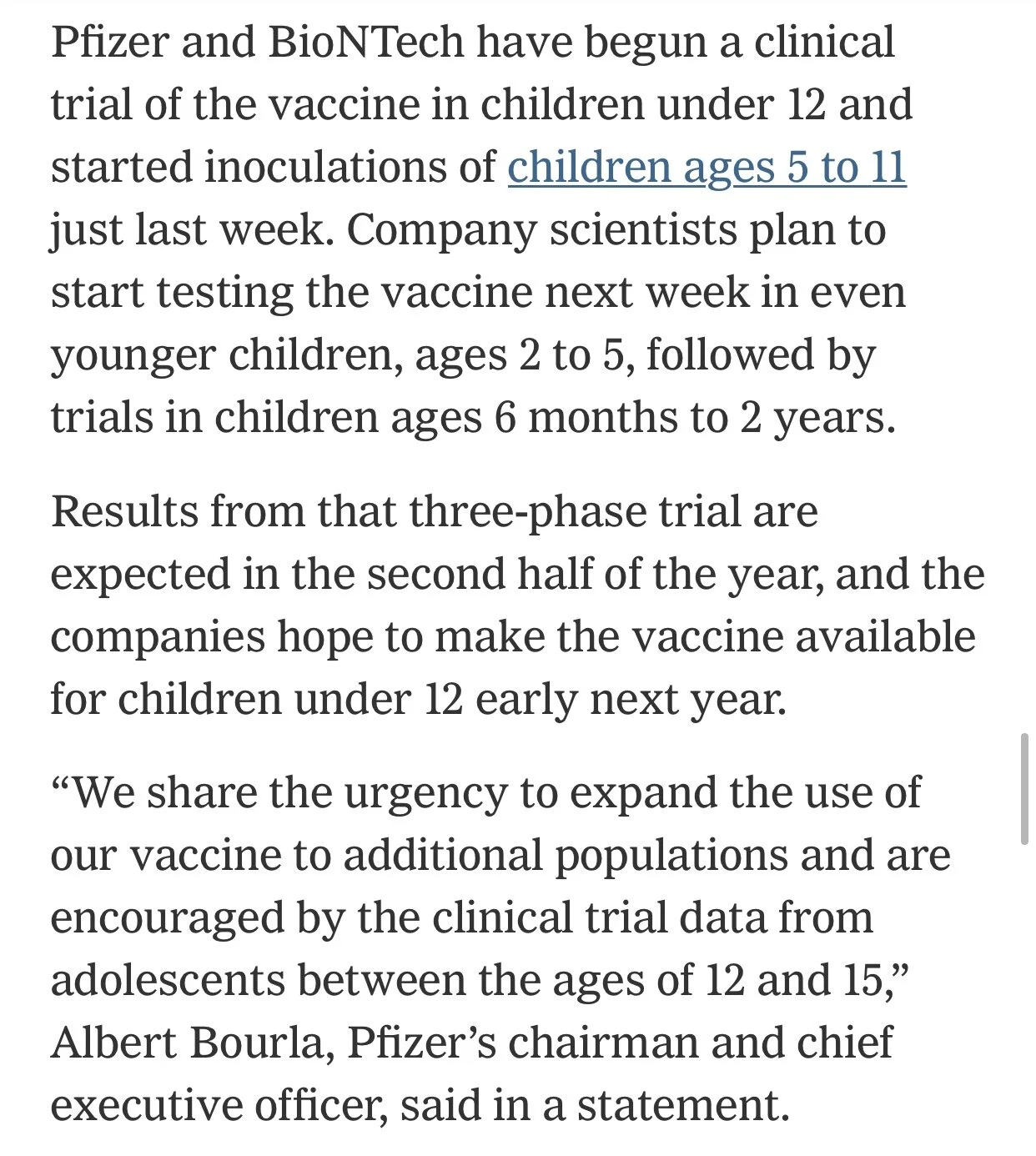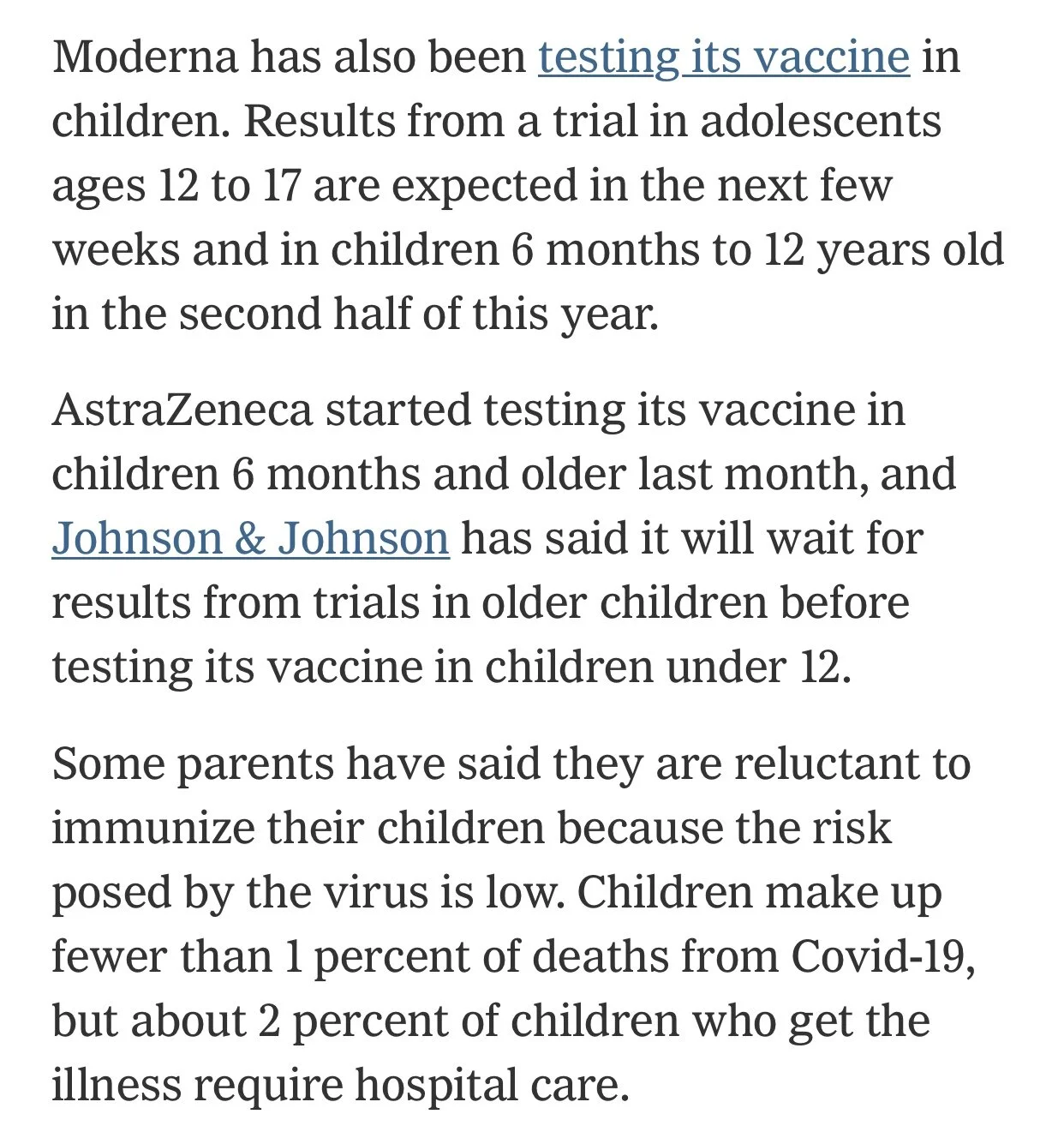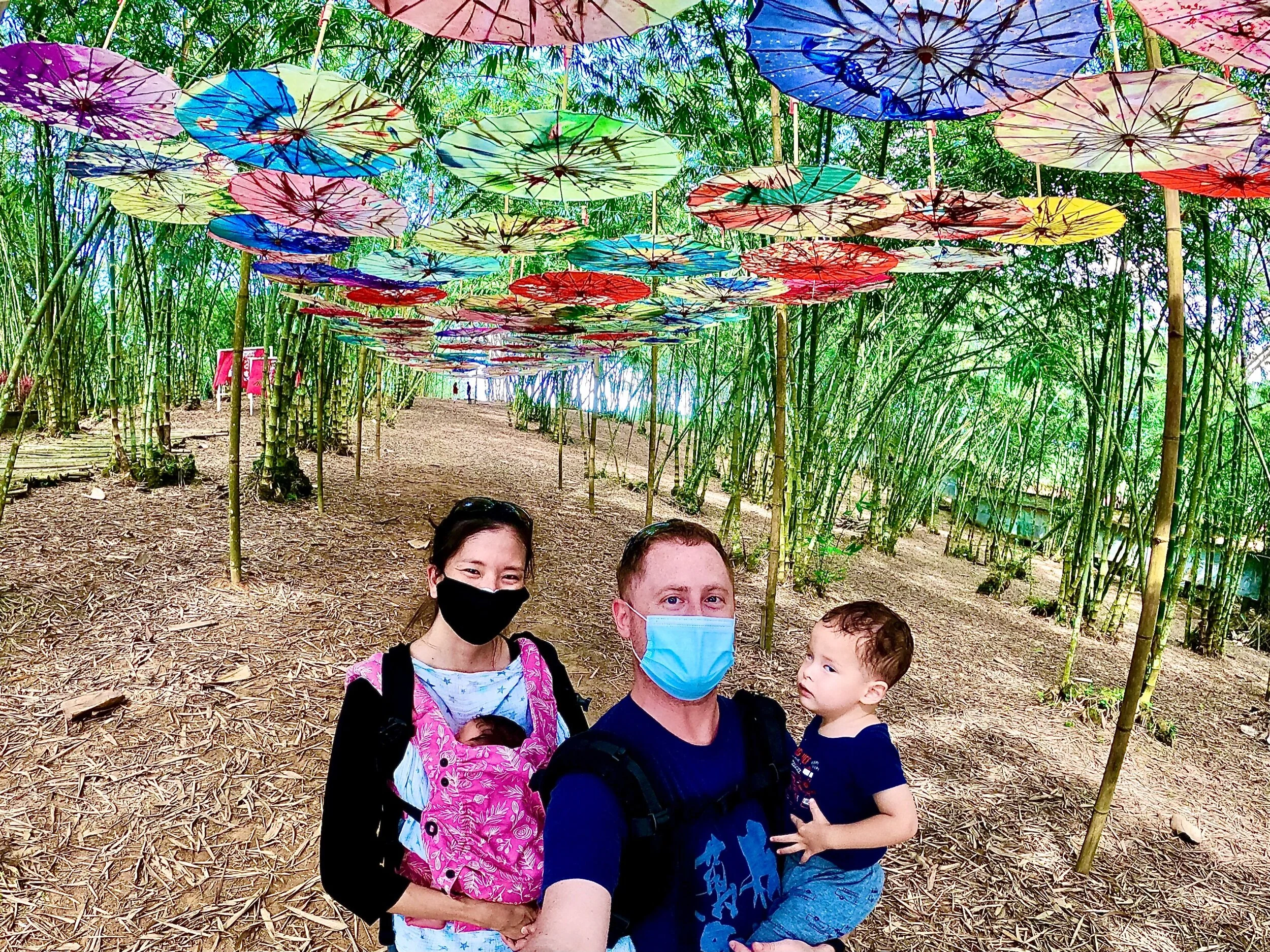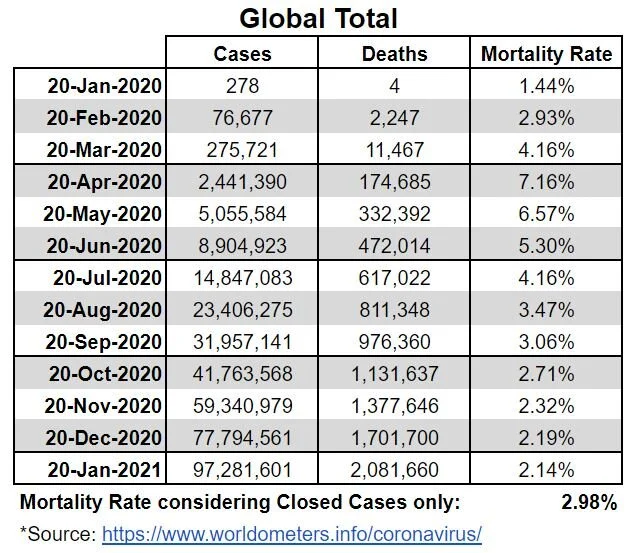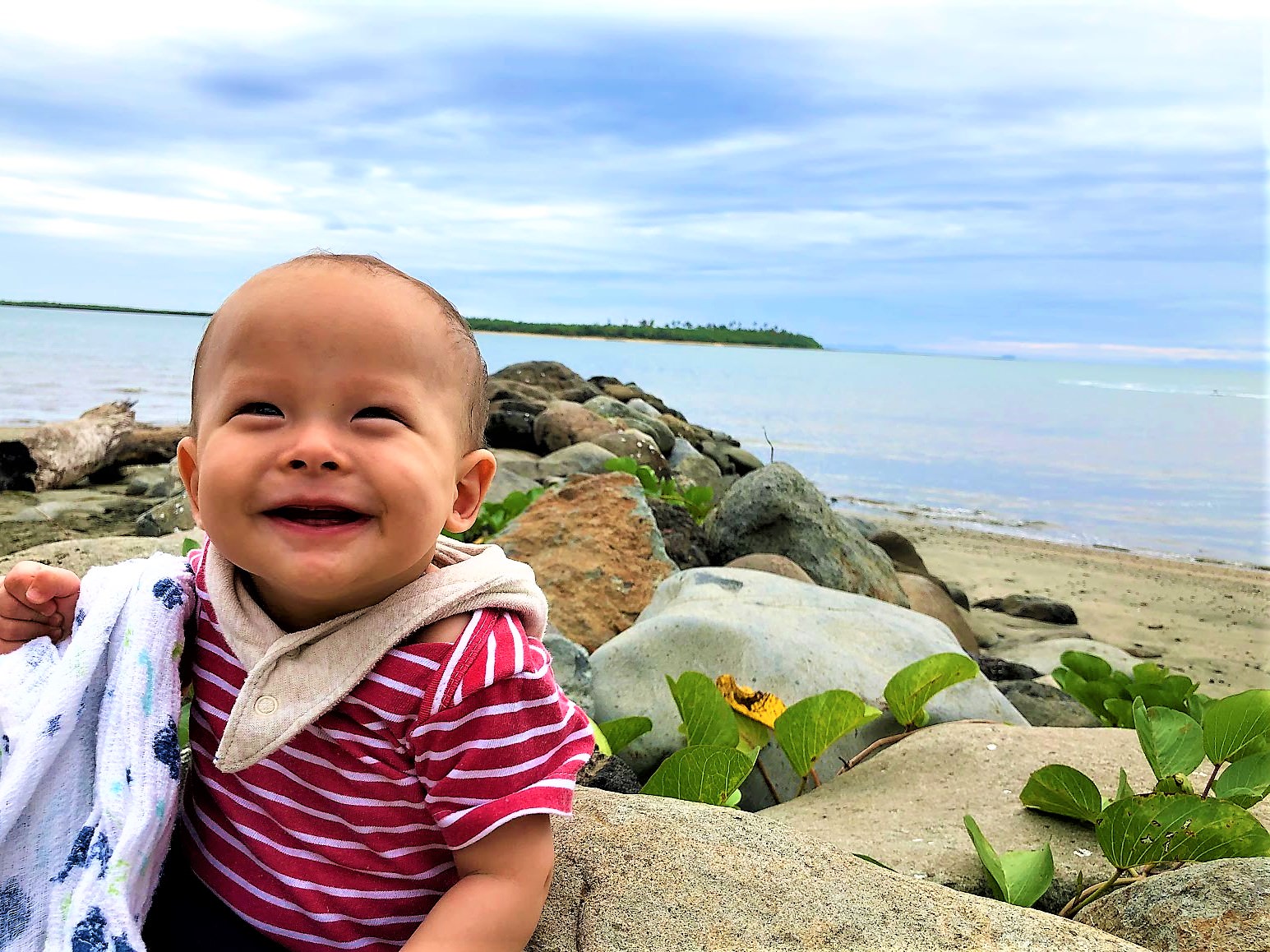When will Travel Return to Normal Globally - The Pandemic's End
Please note: This post may contain affiliate links. See our disclosure to learn more.
*Disclaimer: We travel the world on a continuous basis, but have been in Malaysia since coronavirus started. The information provided is designed to be understandable for the average person - rather than being technically correct on all accounts.
When will Travel Return to Normal?
Many people want to know when it will be safe to travel again - or - simply when will airlines and countries let them in regardless of whether it’s “safe” or not.
Others want to make sure that countries are taking precautions to remain safe.
“When will this Pandemic End?”
We’ve outlined 4 specific scenarios to help people understand the answer to this question better.
However, the simple answer is that global travel will return to normal when about 70-90% of the world is vaccinated.
Update: For children (ages 6 months to 16 years old) see section under #4 below.
When will Countries Open for Travel?
Countries without restrictions
Some countries are already allowing people to travel in and out on a regular basis.
Which countries are these? Well, that depends on which country you are coming from and what type of passport you hold. That might sound complex, but you can check this regularly updated site to make that super easy on yourself.
But, if the country is open to anyone, doesn’t that mean that it is risky or dangerous? Chances are that the covid-19 cases are going to be higher in these countries - but that also depends on the density of people in a particular area. For example, in a country like Tanzania or Uganda - in central Africa - most people may live far apart from each other and that makes it more difficult for the virus to spread there. However, in big cities like London, New York, or Mexico City, the population density is very high and therefore much easier for the virus to spread.
For about half of you, this answer might be sufficient. You just want to travel, so “show me the list of places I can go.” For others, you want to play it safe.
I have a vaccine - are more countries open for me?
Unfortunately, the vaccine is not 100% effective as it is not designed the same way as vaccines have been in the past. You may ask, “Why not?” and the answer is that we have never been able to find an effective vaccine for a coronavirus before. In the past, vaccines generally include a “dead” copy of the virus - however, that doesn’t work well with coronaviruses. That is why the common cold has persisted forever.
However, using new medical technology, scientists have been able to recreate a specific “piece” of the virus to use in the vaccine instead of the virus itself. That piece doesn’t fully protect the person from the virus, however it does prepare most people’s body to fight the virus if it arrives - resulting in being completely asymptomatic or a much shorter and less serious sickness. But, this means that you could still transmit it to someone else. As the best vaccines are 95% effective, that means that they are 5% ineffective - meaning that 1 person in every 20 who has received the vaccine could still be a person who spreads the virus.
Update: Real-world data released March 29th by the Centers for Disease Control and Prevention show the Pfizer vaccine to be 90% effective. (CDC report)
Update: “Americans who are fully vaccinated can travel ‘at low risk to themselves,’ both within the United States and internationally, but they must continue to take precautions like wearing a mask in public, avoiding crowds, maintaining social distancing and washing hands frequently, federal health officials [the CDC] said on Friday [April 2nd]. … The recommendation is predicated on the idea that vaccinated people may still be infected with the virus.” (NYTimes)
This is why many countries will not be accepting a “vaccine passport” in the beginning. Simply put, if their citizens do not have the vaccine themselves, 1 in 10 (or 1 in 20 based on the trials) people that they allow into the country with a “vaccine passport” could still transmit covid-19 to their citizens, which could start a spread in their country. Even though current results show that when a person does become infected - after receiving a vaccine - the symptoms generally are much shorter than usual and less infectious. So, the risk may be much lower, but if they are the type of country that closes down when these spreads occur, that could cost their economy millions or billions of dollars.
So why did I even get the vaccine?
It does have a 90-95% chance of protecting YOU, as an individual. Additionally, your chances of spreading it if you get it will also be mitigated. This means that you could likely travel to countries that don’t require any quarantines and still be relatively safe and safer than a non-vaccinated person for their country.
Additionally, once countries have given vaccines to a sufficient number of their citizens, they will likely let in vaccinated people without tests or quarantines (see #4 below). This will take the shape of “vaccine passports” starting in early to mid-2021. However, if you're looking for a little more positive news: “Some destinations -- including the Seychelles, Cyprus and Romania -- have already lifted quarantine requirements to visitors able to prove they're vaccinated. Others, such as Iceland and Hungary, have opened up to people who've recovered from Covid-19.” - CNN Travel
However, keep in mind that this doesn't necessarily make the country itself safer, only that you may be seen as a more acceptable risk, than non-vaccinated people, to countries that are more desperate to get tourists back into their economies.
Countries that have restrictions
Right now, a majority of countries in the world have decided to either let people in with restrictions or not to allow anyone in at all. You currently cannot get into a country that doesn’t allow anyone in, so there is no answer for those countries (other than the solution in #4 below).
However, for the countries that are allowing people in with restrictions, it is very likely at this point that they are not a fully vaccinated country (only a few have a sufficient percentage of the population vaccinated at the writing of this article).
In that case, they are likely to have any number of their own requirements. The ones that are most common are a PCR Test prior to boarding an airplane and/or upon arrival, a 10-15 day government or private-facility quarantine, medical coverage that will cover your care for Covid-19 if you are infected, and a longer-term visa (Thailand is permitting private hotel quarantine).
Many of the countries that are requiring a quarantine are charging around $100+ per day, per person, for the quarantine. Meaning, the minimum costs are about $1,000 to $1,500 per person (not per-room). They typically come with food included, as well as 1 or 2 PCR tests, but do not allow you to leave your room/suite during that time (see example in image below).
This requirement keeps the country safe from people coming in and spreading the virus to their civilians - but, it adds a fairly significant cost to travel into their country and eliminates most visitors simply because they won’t have much time - if any - to actually enjoy their visit to these countries.
This typically only appeals to global “nomad-type” travelers with a good amount of money and time. For example, we weighed out the cost of going into Thailand as a family of 4 with 2 kids and it ended up being over $5,850 for a 3-month “entry” that includes only accommodations and food in the 15-day quarantine, plus an additional $267 per extra 3-month visa extension (6 or 9 months are allowed).
Countries that are currently closed
This is where having a vaccine will matter most.
No country is fully vaccinated yet, but once countries begin having the requisite number of their population vaccinated, they will acquire a national herd-immunity.
This depends on the population density of the countries, but will require a minimum of 60-70% of their citizens to have the vaccine to work in more remote areas, and up to 90% in more densely populated areas. This prevents the virus from being able to spread effectively, and brings the R-naught down to less than 1 (meaning for every one person who gets the virus, less than one other person - on average - will end up being infected from them). If that is the case, it will eventually disappear on its own.
Once a country has the requisite amount of their citizens vaccinated, the risk to their citizens catching, dying, or having life long issues due to covid will be minimal. At that time, a “closed-off” country might start allowing travelers into their country again - without a quarantine or a PCR test - but they still might require them to have the vaccine as well. This will likely end up being similar to the requirement of yellow fever vaccinations in many countries.
Note: “Many developing countries, from Bangladesh to Tanzania to Peru, will likely have to wait until 2024 before fully vaccinating their populations.” - The New York Times
When will my children be able to get a Vaccine? See section below.
When can Children get a Vaccine?
Currently, the leading vaccine companies are expecting to have results, and be able to approve use for their vaccines, by the end of summer. This means we can reasonably expect vaccines to be available sometime between August and December 2021. This information is based on the informant that NY Times writer Apoorva Mandavilli obtained when talking to the leading pharmaceutical companies.
Update: The Pfizer trial results on 12-16 year olds looked exceptionally promising! (NYTimes)
Under 12 Years Old
For those who have children younger than 12 years old, trials are expected to start in the end of 2021.
Update: Trials have already begun in children aged 5-11, with tests to begin on children ages 2-5 years old by April 10th. Vaccines may begin becoming available for young children by early 2022!
Best to each of you in the next few years as the world begins to return to normal!
— Eat Wander Explore
The Novel Coronavirus - COVID 19
Should I Cancel my Travel Plans? - OUR RECOMMENDATION
ANSWER: Avoid unnecessary travel if possible. However, if you are under 60 years old and do not have pre-existing medical conditions, you likely do not need to cancel your travel plans due to the Novel Coronavirus. However, for the sake of preventing the spread of this virus to other people who might be in that category, we would recommend that you refrain from unnecessary travel if you can and take precautions as frequently as possible for the sake of every other human being.
If you must travel: keep your travel plans; But, wash your hands frequently, don’t touch your face, practice social distancing wherever possible, and - if you are in areas where you come within 6-10 feet of people whom you don’t live with on a daily basis - wear a mask at all times until you are, in fact, only with people who live with you. In other words, no lunch or dinner dates with your best friends, relatives, or co-workers as you don’t live with them, because you’ll need to take off your mask and you won’t be socially distant from them. That’s one of the main causes of the spreading of the virus!
Also, considering that many areas shut down if there is an outbreak, you may not enjoy your trip if you are going to an area that is having issues. That is occurring more frequently these days - with countries full out banning travelers around the world. To travel, you’d have to look first to see if the country, or even state, that you want to go to will even let you in. Check out this site to figure that out.
Additionally, if you intend to travel anyway, it is recommended that you get a PCR test - prior to leaving home - to make sure you aren’t spreading COVID-19 to other areas, then do a self or government quarantine in the country that you arrive in for 14-days, and lastly get another PCR test, and quarantine again, when you return.
Quarantine & Safety Precautions
Worried about being quarantined? This could potentially happen if an outbreak occurs near you. Our only recommendation on this one is to leave if a situation arises, before it gets out of hand. If you are heading into an area that is already in lock-down, and that is allowed, most of these places will require that you quarantine for 10-21 days when you arrive - some allowing you to self-quarantine while others require you to pay for a formal government quarantine. Make sure that you pay attention to this!
Worried about spreading it once you get home? Unless you have taken the full dose(s) of a vaccine, you'll want to take measures personally - to prevent spreading it to others - when headed back home. Follow the CDC’S guidelines for that and you - and your loved ones - should be fine. That means you should self-quarantine for 10-21 days after returning home, prior to visiting anyone - especially sick or elderly family members. Additionally, wear a mask everywhere you go, use hand sanitizer, and wash your hands frequently.
We say this while we are traveling in Malaysia. Although, we are currently staying “at home” in our Airbnb and only going out - safely - to get groceries. As Taiwan has blocked incoming trips indefinitely, we are going to have to keep extending our stay in Malaysia and then possibly have to re-route to a different place when our extension runs out. Check out this article for an update on our situation in Malaysia: Life After the Coronavirus - A Success Story.
PANDEMIC
The World Health Organization has declared the Novel Coronavirus as a pandemic (see their briefing here). What does this mean? It means it has spread all across the world and may become a new normal in our lives like the cold and flu seasons.
Unlike movies such as Outbreak, Contagion, 12 Monkeys, World War Z, The Andromeda Strain, I am Legend, Dawn of the Planet of the Apes, and 28 Days Later - the Novel Coronavirus does not have an extinction level kill rate. In fact, the mortality rate is - for most of the population - less than 1.0%. So, while it is something you should be aware of - and attempt to prevent - it is not something that is likely to kill you or wipe out entire towns or cities.
However, if you are over 60 years old and/or have pre-existing medical conditions, please take extreme caution as the mortality rate can jump above 10%.
Thank you VERY much for reading our article. We actually created this website to help people reach financial independence. Did you know that by having a remote job and traveling endlessly, or living in a country that has low costs of living, you can actually reach retirement quicker? Plus, retirement abroad is up to 75 percent cheaper as well! Learn more by exploring our website: EatWanderExplore and REmotiFIRE.
See our Thank You page to sign up for our free weekly newsletter - you’ll receive only 1 email per week letting you know about our latest travel articles, remote-work life, and amazingly affordable destinations!
Found this post useful? Buy us a coffee to help support this site’s running costs OR share this article with a friend.

